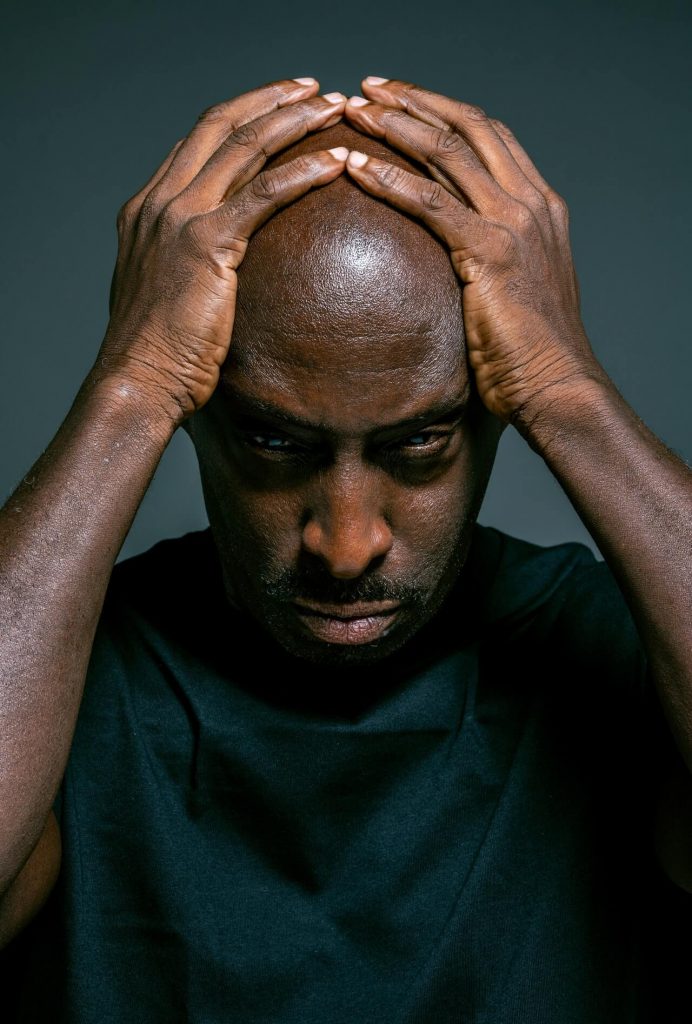Mental Cover-up — How Alzheimer’s Can Mask Mental Illness
Incidences of depression, stress, and anxiety are hitting their highest peak, as a result of Alzheimer’s disease.
Families are breaking up.
There are people who are being dismissed from their workplaces, others cannot withstand the pressure of life. Hence, causing them to plunge into depression.
Mental illness or disorder affects your thinking and changes your mood and behavior. Its signs include depression, schizophrenia, addictive behavior, and eating and anxiety disorders.
When your mental health grows from bad to worse, it becomes a mental illness, affecting your ability to function.
However, you can manage its symptoms by going through psychotherapy sessions and taking medication.
On the other hand, Alzheimer’s is a brain disease whose causes are not yet fully understood.
But, most experts say it is caused by the abnormal build-up of proteins in and around brain cells.
Indeed, people who have Alzheimer’s and mental illness display similar traits.
However, the progression of stages of Alzheimer’s leads to memory loss, which later affects one’s ability to learn.
Additionally, it affects how you reason, make sound decisions, and lose the ability to communicate effectively. Hence, accomplishing simple daily activities becomes an overpowering challenge.
Like mental illness, Alzheimer’s disease is not curable but treatable. Its treatment will help slow down its progression so that you can get quality life throughout its stages.
Symptoms and Diagnosis
People who have Alzheimer’s disease will first show personality changes and memory loss symptoms.
The patients become upset easily or get tired or anxious pretty fast, and they don’t cope well with change.
Patients with Alzheimer’s disease are particularly prone to depression in the initial stages.
As it gets into advanced stages, you experience severe memory loss, and it even affects your social life and may become more isolated.
In its late stages, you begin to lose physical dexterity, which is when a caregiver comes in.
Other symptoms of this disease are long-term memory loss, difficulty producing or understanding language, and loss of spatial abilities.
In addition, apathy, withdrawal from usual activities, and confusion with time and place.
However, it is important to note that the presence of any or all of these symptoms is not a guarantee that you have Alzheimer’s disease.
A doctor will need to do a complete examination such as physical and neurological exams. These exams may involve brain imaging such as CT or MRI scans.
Reading the signs of mental illness
Signs of mental illness include schizophrenia, extreme anxiety, bipolar disorder, or depression.
Some symptoms may look similar to dementia. Therefore, you must visit a health professional who will wade through different symptoms into the correct diagnostic category.
They will be able to diagnose whether your condition stems from dementia or if mental illness is present.
Stages of Alzheimer’s disease
- Mild Alzheimer’s disease
In this stage, a patient experiences mild memory loss and begins to experience other mild cognitive difficulties.
This could include difficulty handling huge sums of money and paying bills. Also, wandering and easily getting lost in familiar places.
In addition, taking longer to complete normal daily tasks, repeating questions, and personality and behavior changes.
- Moderate Alzheimer’s disease
At this stage, the brain is moderately damaged, affecting your reasoning, language control, sensory processing, and conscious thought.
You will also experience worsening of your memory loss, and you will be unable to carry out multistep tasks, learn new things or cope with new situations.
People with moderate Alzheimer’s disease may also behave impulsively and experience paranoia, hallucinations, and delusions.
- Severe Alzheimer’s disease
People with severe Alzheimer’s will experience significant brain tissue shrinkage as plaques and tangles spread throughout the brain.
Their communication is also halted, and they completely have to rely on caregivers.
As the stage worsens, the patient will be bedridden all of the time as their body shuts down.
What causes Alzheimer’s disease?
Scientists haven’t fully known the cause of Alzheimer’s, but they say that genetic mutation can be a major cause.
This might include a combination of lifestyle factors, genetic and environmental. These also play a major role in reducing the risk of developing Alzheimer’s disease.
An early diagnosis will help make the healing process easy and preserve daily functioning for a while.
It will also help your family plan better for the future, plan about living arrangements, and develop support networks for your well-being.
Common Denominator
There are two common denominators in understanding Alzheimer’s disease and mental illness.
That is denial and stigma. Each of these denominators hinders the process of seeking and receiving help.
Denial and stigma will also extend the investable changes from taking place, jeopardizing the healing process.
Alzheimer’s and mental illness is not a death sentence. Accepting it with good reasoning will help slow its case and prolong your life.
In this case, you will need to engage in meaningful activities and maintain caring and satisfying relationships before reaching the end-stage.
A Must-read- Arthritis: Symptoms, Causes, Types & Treatment
Frightening Facts about mental illness and Alzheimer’s disease.
These diseases aren’t common. In fact, they only occur in 7% to 9% of people between the ages of 18 to 55 and older.
They disrupt the perception of reality, thought, memory, and behavior. This is to the extent that it impairs the ability to engage in normal relationships.
Also, it impairs the ability to participate in ordinary social and leisure activities, work, and carrying out basic tasks. Ultimately, managing basic activities of daily living becomes a huge burden.
However, the prevalence will only increase with age to more than 40% by the age of 85.
The good news is that there are medications that can help slow its progress.
Conclusion
As we said earlier, mental illness or Alzheimer’s disease is not a death sentence. There are treatments readily available that will help slow its case.
Indeed, this can improve the quality of life and functionality in the lives of the patients and their caregivers.
Nevertheless, symptoms may vary from person to person and age.
Therefore, there is a need to seek help from a specialist, friend, an understanding family member, or a support group.


